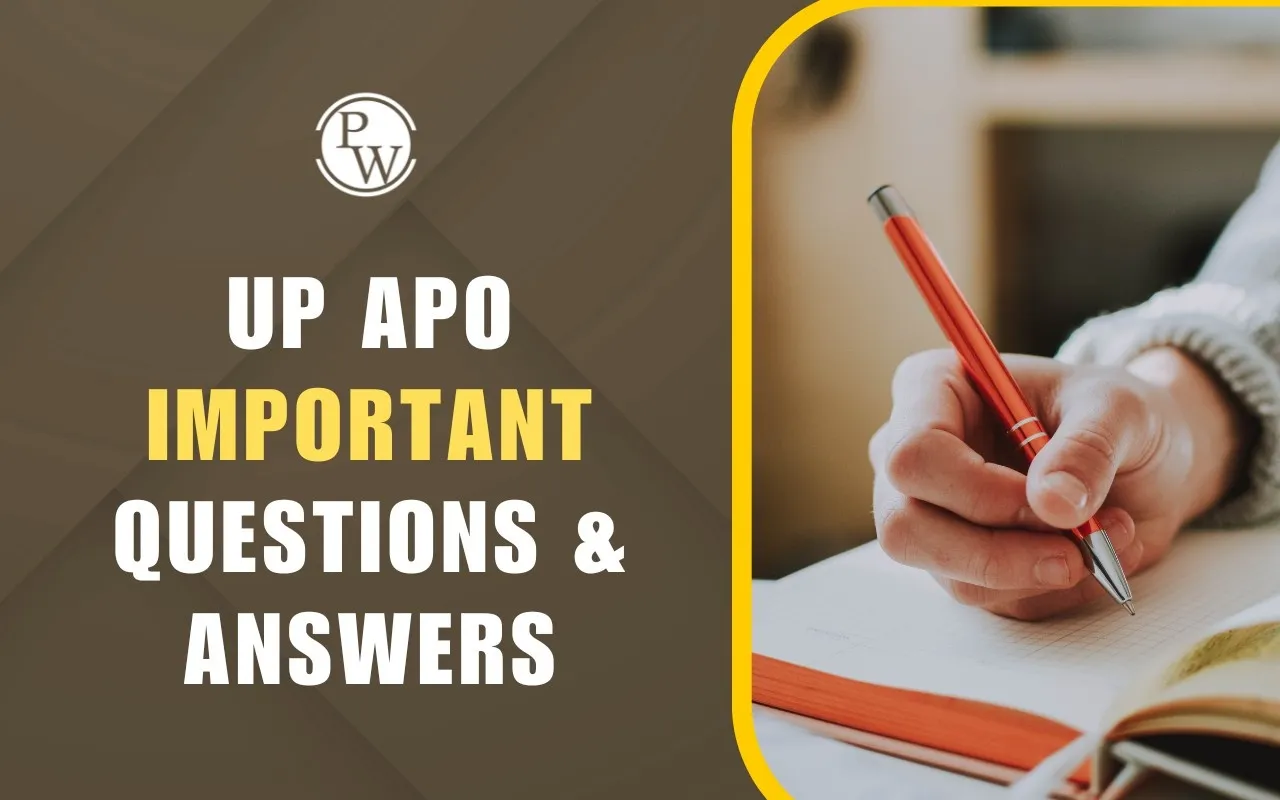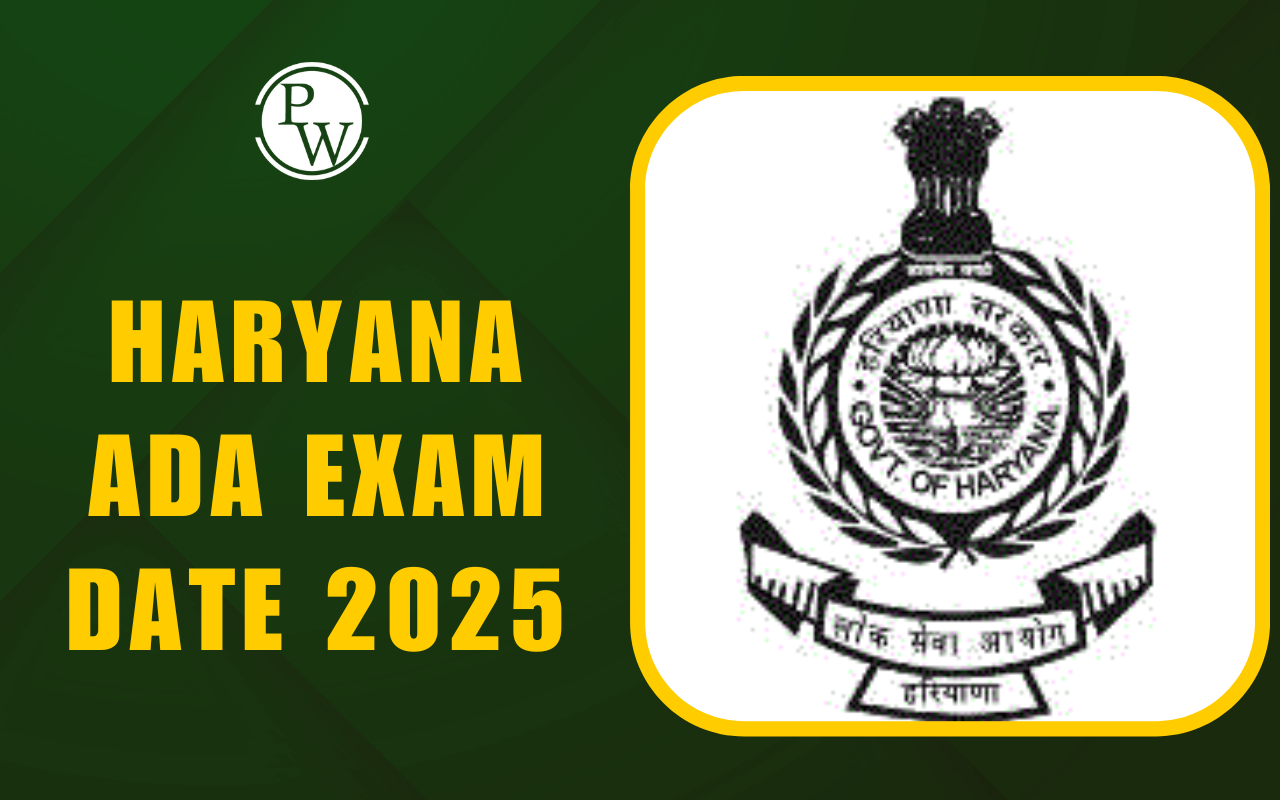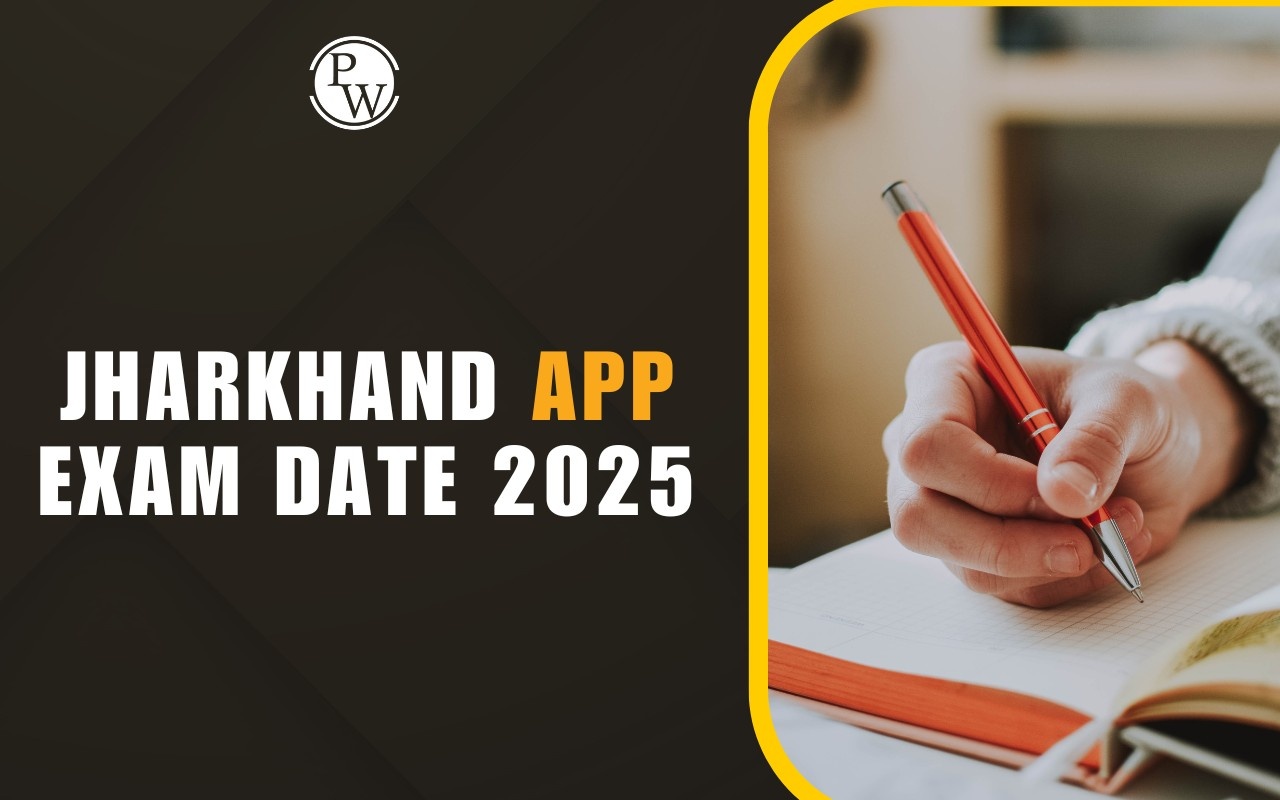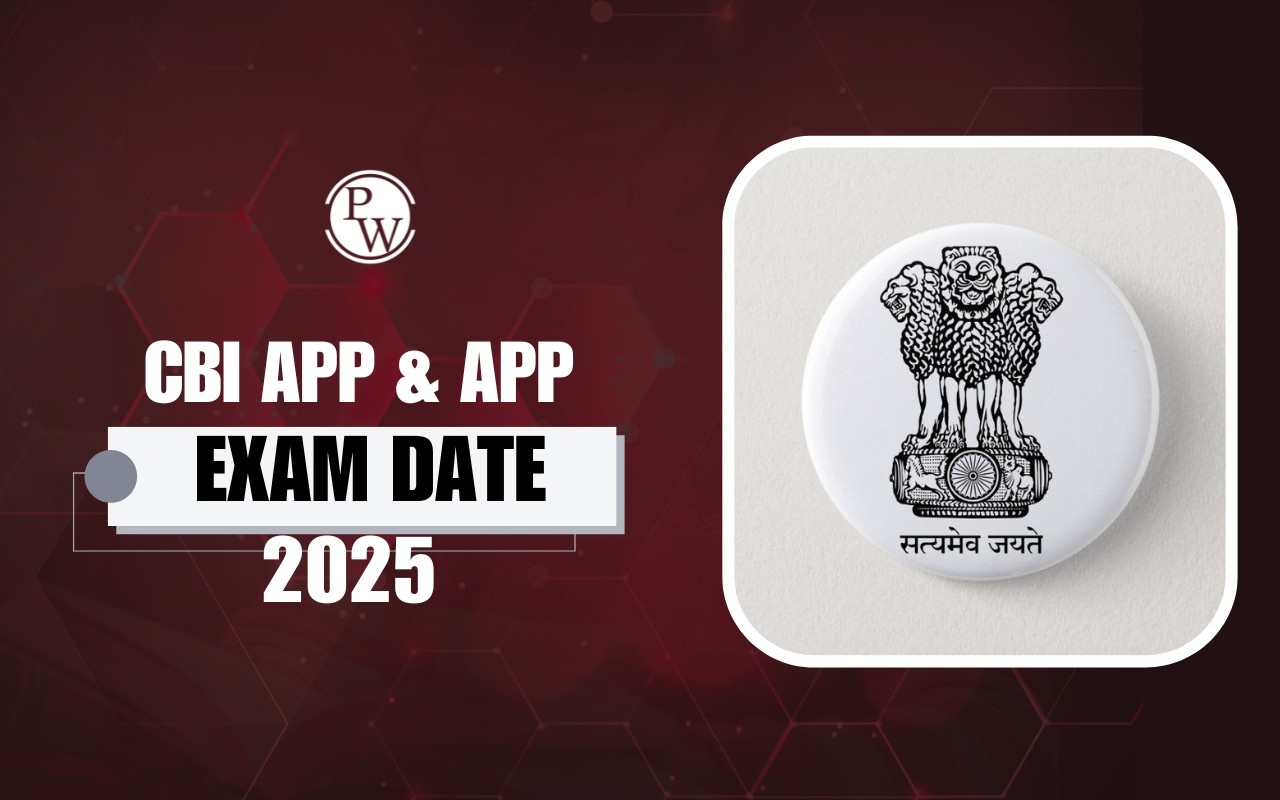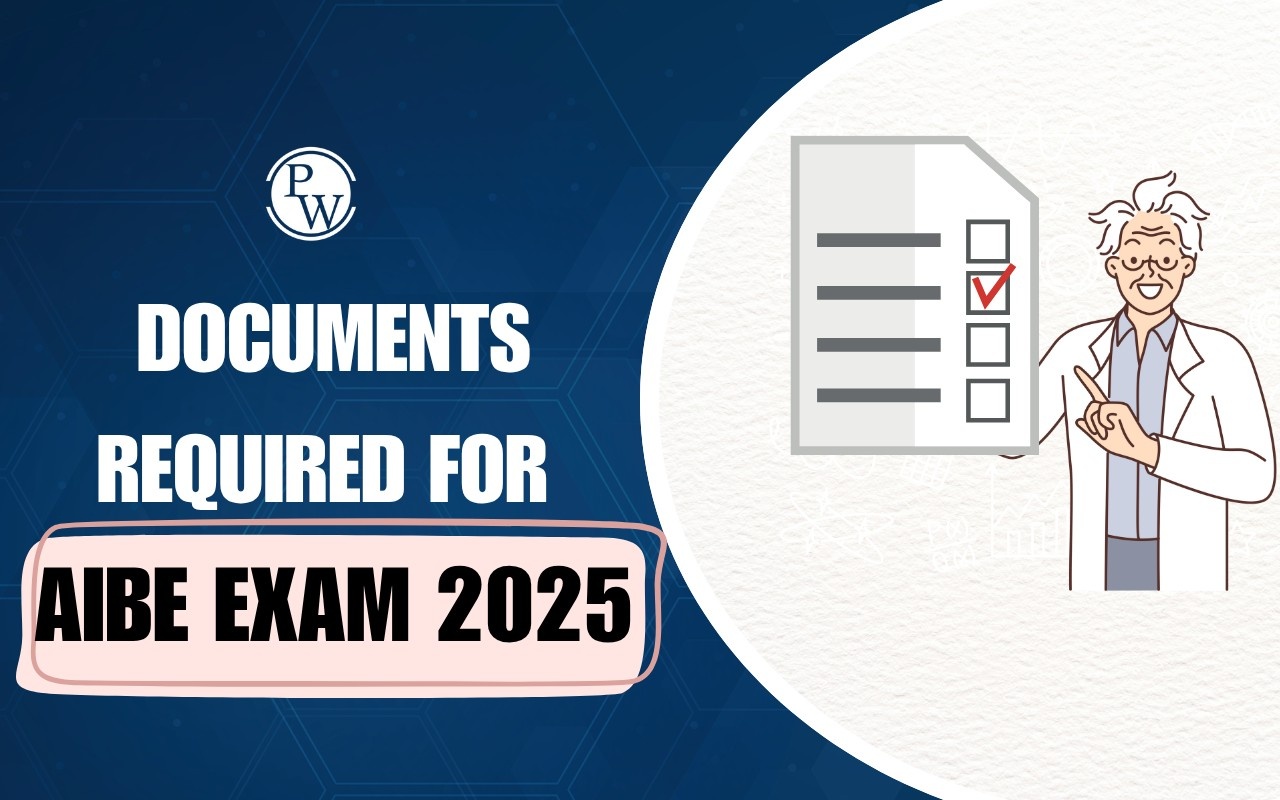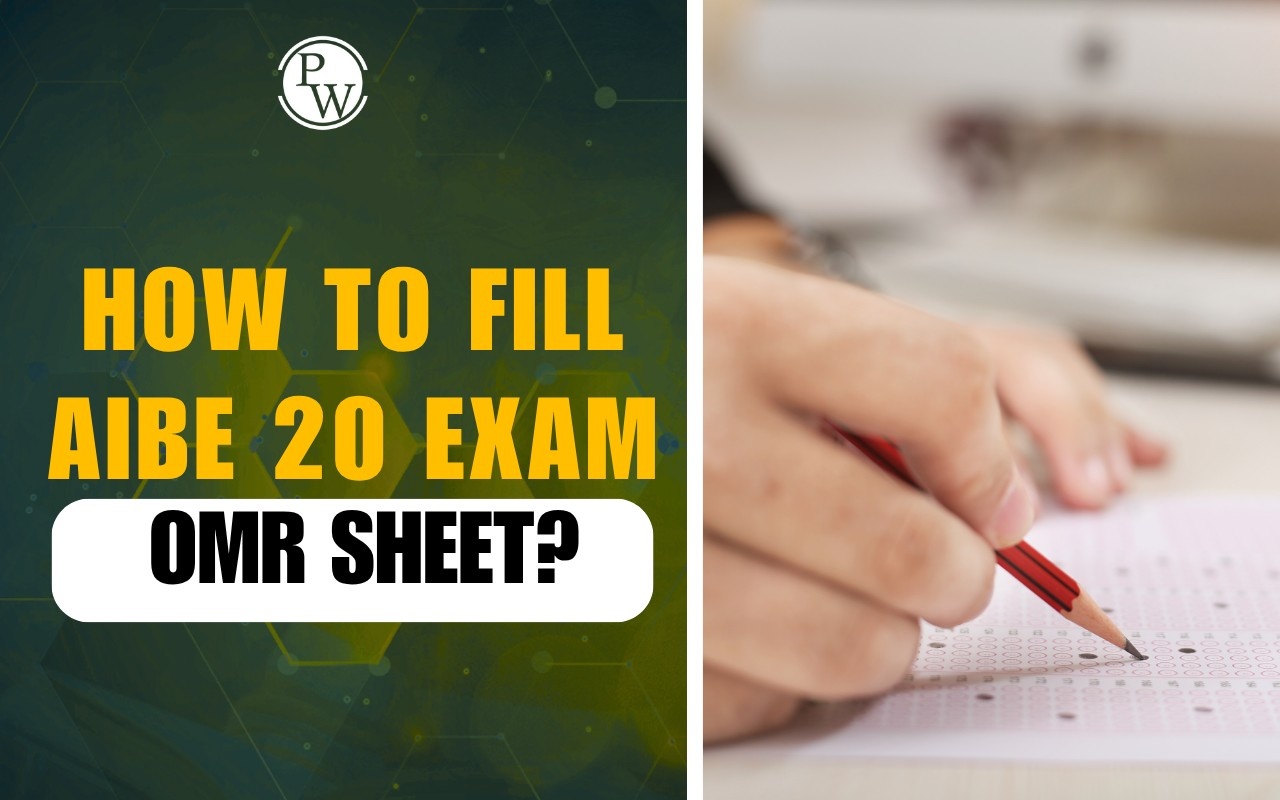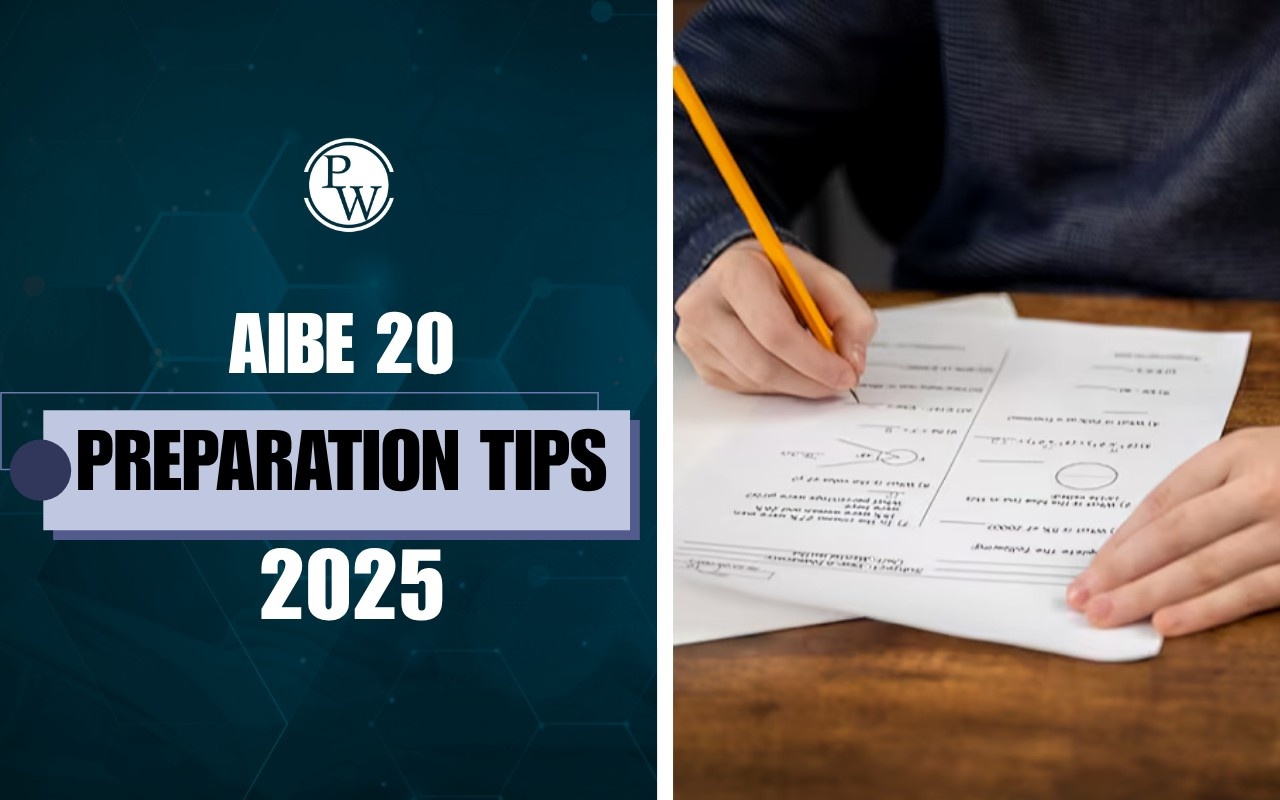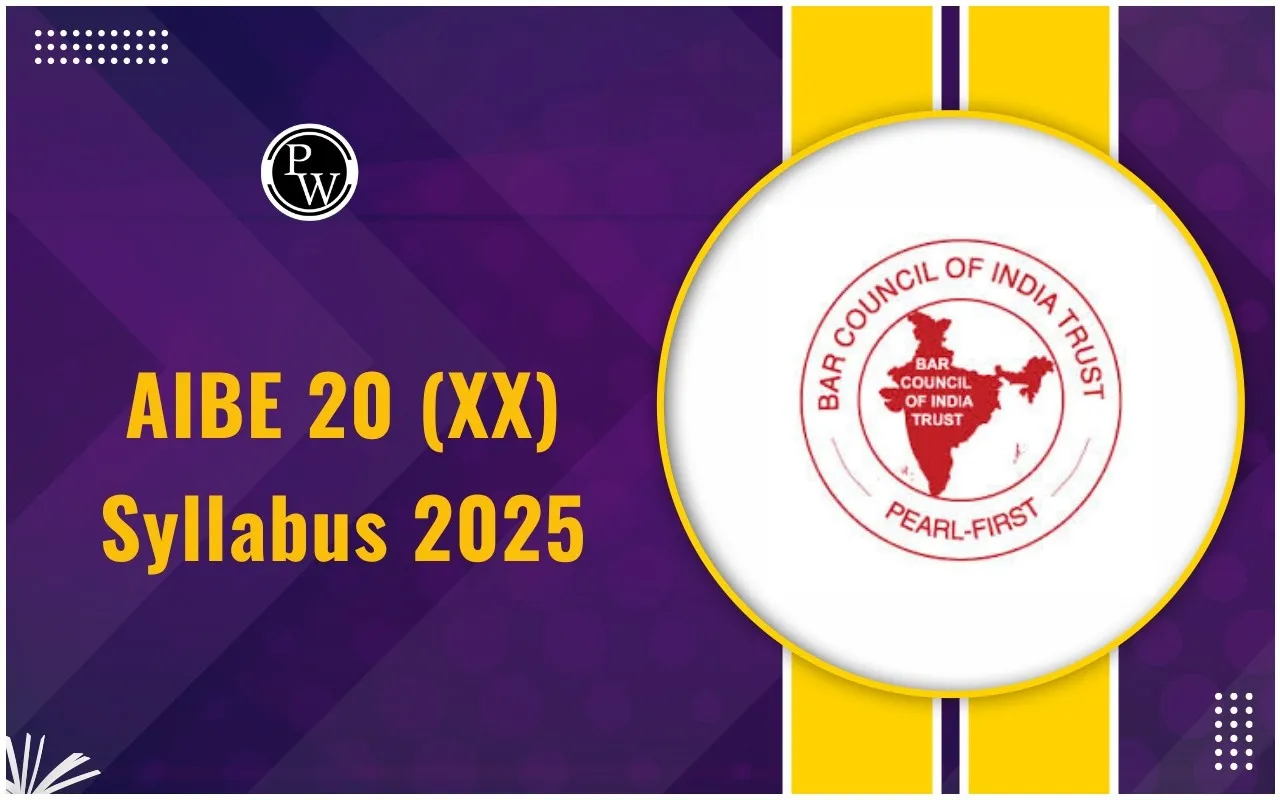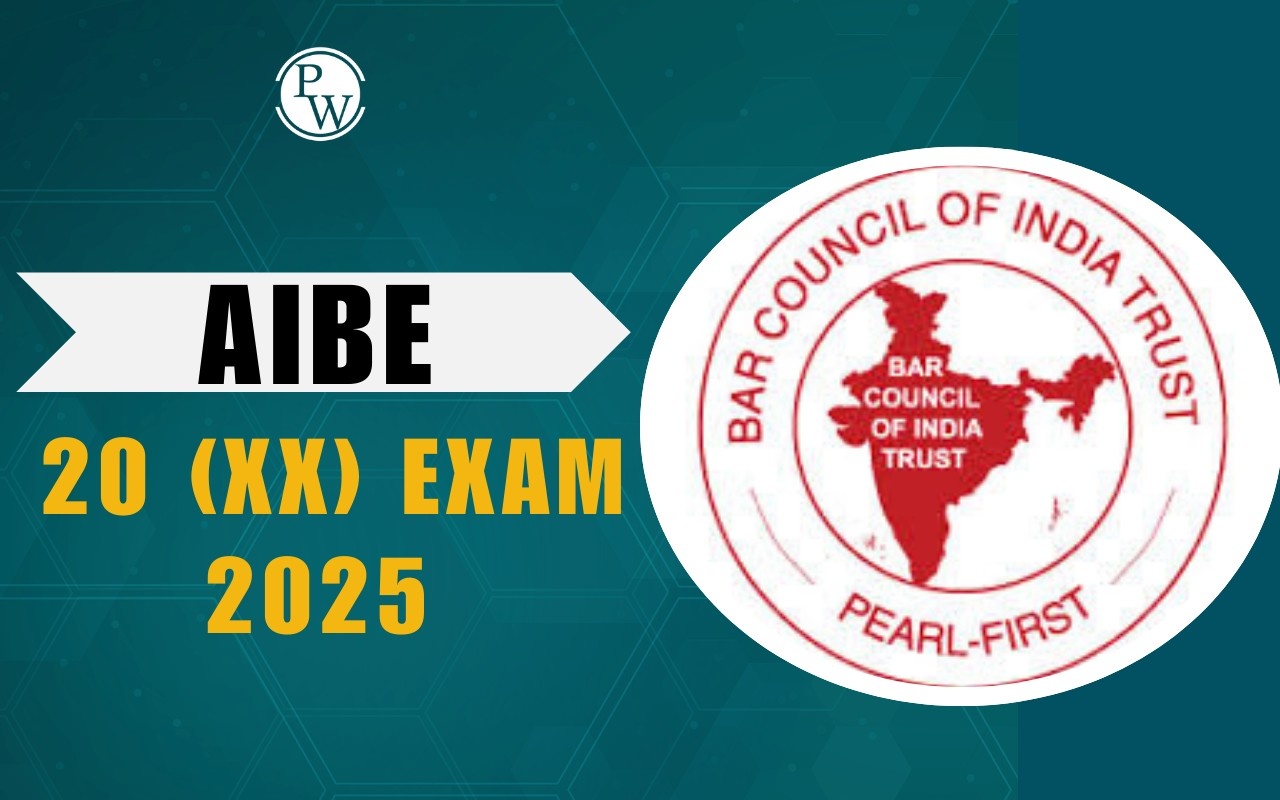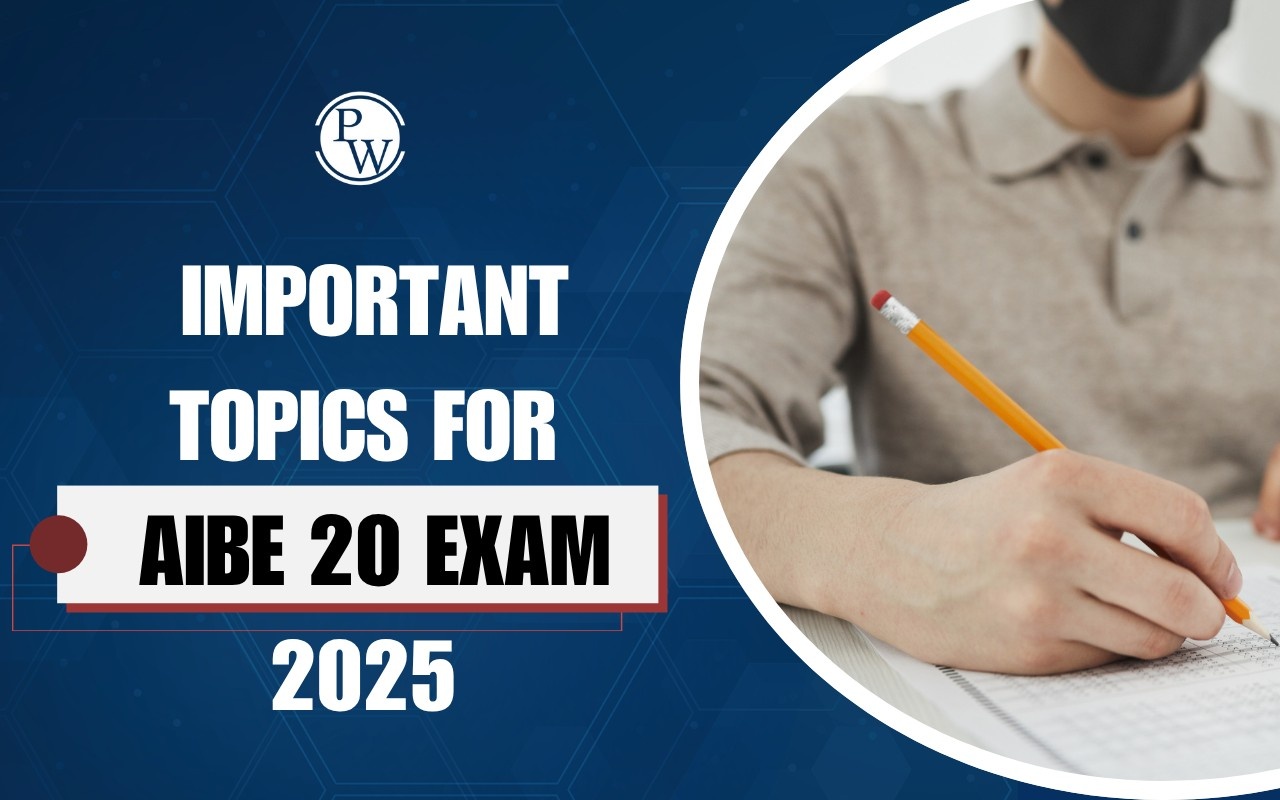
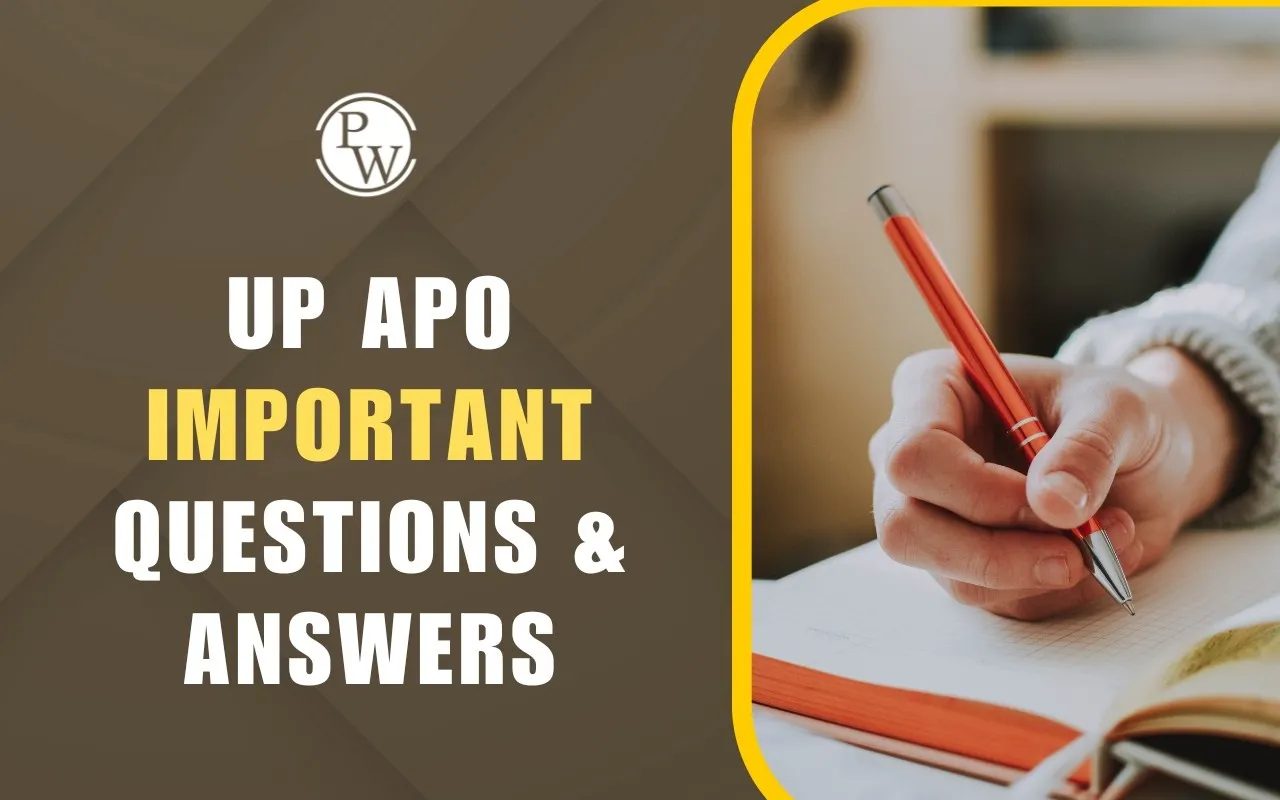
UP APO Important Questions & Answers help every candidate prepare effectively for the Uttar Pradesh Assistant Prosecution Officer exam. These questions are created based on the latest syllabus and exam pattern. Practising them gives candidates a better understanding of the important topics and question trends.
UP APO Important Questions & Answers
The UP APO exam includes questions from subjects like General Knowledge, Law, and General Hindi. Candidates should focus on legal concepts, the Constitution, and recent judgments. UP APO Important Questions & Answers are useful for conceptual understanding. These important questions and answers help candidates improve accuracy and speed in the exam.
UP APO Exam Pattern 2025
UP APO Exam Pattern 2025 has been provided in a table format. It covers the three stages of the UP APO Exam, including Prelims, Mains, and the Interview round. Candidates have to face the objective questions in prelims, followed by the descriptive-based questions in mains, and then the final interview.
|
UP APO Exam Pattern |
|||||
|
Stage |
Paper |
Subjects |
Type of Exam |
Marks |
Duration |
|
Preliminary Exam |
Paper I |
General Knowledge |
Objective (MCQ) |
150 |
2 hours |
|
Paper II |
Law |
Objective (MCQ) |
150 |
2 hours |
|
|
Main Exam |
Paper I |
General Knowledge |
Descriptive |
100 |
3 hours |
|
Paper II |
General Hindi |
Descriptive |
100 |
3 hours |
|
|
Paper III |
Law-I (Criminal Law & Procedure) |
Descriptive |
100 |
3 hours |
|
|
Paper IV |
Law-II (Evidence, Civil Law, & Procedure) |
Descriptive |
100 |
3 hours |
|
|
Interview |
— |
Personality Test |
Oral |
50 |
— |
25 Important Questions & Answers for UP APO Exam 2025
Candidates can refer to the 25 Important Questions & Answers for UP APO Exam. They can solve the UP APO Important Questions & Answers to get a better understanding of the concepts.
|
25 Important Questions & Answers for UP APO Exam |
|||
|
No. |
Question / Topic |
Options |
Correct Answer |
|
1 |
Which of the following statements about the effort to eradicate polio is/are correct? 1. The Global Polio Eradication Initiative was launched in 1988. 2. Last wild poliovirus case in India in 2011. 3. As of 2022, only two countries have endemic wild poliovirus. 4. Oral vaccine was key in the eradication strategy. |
(a) 1 only (b) 1, 3, and 4 only (c) 1 and 4 only (d) 1, 2, 3, and 4 |
(d) |
|
2 |
“Doctrine of Lapse” was introduced by which Governor-General? |
(a) Lord Dalhousie (b) Lord Canning (c) Lord Wellesley (d) Lord Cornwallis |
(a) |
|
3 |
The last natural case of Smallpox was reported in 1977 from |
(a) Kenya (b) Nigeria (c) Somalia (d) Vietnam |
(c) |
|
4 |
The word ‘Satyagrah’ was given by |
(a) Mahatma Gandhi (b) Maganlal Gandhi (c) Devadas Gandhi (d) Kasturba Gandhi |
(b) |
|
5 |
A condition where a person has defective blue colour appreciation is called |
(a) Deuteranomalous (b) Protanopes (c) Tritanopia (d) Achromatopsia |
(c) |
|
6 |
Match List-I with List-II (Movements & Years): A. Quit India – 1942 B. Jallianwala Bagh – 1919 C. Simon Commission – 1928 D. Dandi March – 1930 |
(a) A–1, B–2, C–3, D–4 (b) A–4, B–1, C–2, D–3 (c) A–2, B–3, C–1, D–4 (d) A–3, B–4, C–2, D–1 |
(a) |
|
7 |
“Operation Flood” in India is related to |
(a) Agriculture (b) Dairy Production (c) Fisheries (d) Irrigation |
(b) |
|
8 |
Motion picture films are made from |
(a) Eosin (b) Cellulose acetate (c) Silver iodide (d) Copper sulphate |
(b) |
|
9 |
Match the following (Awards & Fields): A. Bharat Ratna – National Service/Art/Lit/Science B. Arjuna Award – Sports C. Dadasaheb Phalke – Cinema D. Jnanpith – Literature |
(a) A–1, B–2, C–3, D–4 (b) A–4, B–3, C–2, D–1 (c) A–3, B–1, C–4, D–2 (d) A–2, B–4, C–1, D–3 |
(a) |
|
10 |
The first artificial satellite launched by any country was |
(a) Explorer 1 (b) Sputnik 1 (c) Apollo 11 (d) Vostok 1 |
(b) |
|
11 |
The revenue system during Akbar's reign was in the hands of |
(a) Bairam Khan (b) Mansingh (c) Birbal (d) Todarmal |
(d) |
|
12 |
The Bosporus Strait connects which two continents? |
(a) North America & South America (b) Europe & Asia (c) Africa & Europe (d) Asia & Australia |
(b) |
|
13 |
Aswan High-Dam has been built on which river? |
(a) Columbia (b) Danube (c) Nile (d) Irrawadi |
(c) |
|
14 |
The richest source of Vitamin A |
(a) Yeast (b) Cheese (c) Golden rice (d) Orange |
(c) |
|
15 |
According to the Global Peace Index 2015, the most peaceful country |
(a) Brazil (b) Iceland (c) Denmark (d) Ireland |
(b) |
|
16 |
Which of the following pairs is NOT correctly matched? |
(a) Attempt to murder - R v. White (1910) (b) Causation - R v. Blaue (1975) (c) Conspiracy - R v. Shivpuri (1987) (d) Duress - R v. Graham (1982) |
(c) |
|
17 |
Which section of the BNS defines “gender” to include transgender individuals? |
(a) Section 2(8) (b) Section 2(10) (c) Section 3(1) (d) Section 4(2) |
(b) |
|
18 |
Under BNS 2023, which section deals with voyeurism? |
(a) Section 74 (b) Section 76 (c) Section 77 (d) Section 78 |
(c) |
|
19 |
'B' tries to pickpocket ‘Z’ but the pocket is empty. Guilty under which section of BNS? |
(a) Section 303 (b) Section 62 (c) Section 307 (d) Section 66 |
(b) |
|
20 |
Surgeon operates knowing the risk of death, but with consent to save life. Z dies. Is the surgeon guilty? |
(a) Yes, likely death (b) Yes, life-threatening operation (c) No, acted in good faith with consent (d) No, exempt from liability |
(c) |
|
21 |
Legal maxim related to the doctrine of mens rea |
(a) Actus reus (b) Res ipsa loquitur (c) Volenti non fit injuria (d) Actus non facit reum nisi mens sit rea |
(d) |
|
22 |
The officer arrests the wrong person in good faith. Is he guilty? |
(a) Both A & R true; R correct explanation (b) Both true; R is not the correct explanation (c) A true, R false (d) A false, R true |
(a) |
|
23 |
Case explaining the difference between ‘Take & Entice’ |
(a) Biswanath Mallick v. State of Orissa (1995) (b) State of Madras v. Balakrishnan (1950) (c) Chandrakala Menon v. Vipin Menon (1993) (d) State of Gujarat v. Maganbhai Jogani (1997) |
(a) |
|
24 |
In Raja Naykar v. State of Chhattisgarh (2024), the Supreme Court held that mere recovery of a blood-stained weapon is |
(a) Sufficient for conviction (b) Insufficient unless supported by other evidence (c) Inadmissible (d) Conclusive evidence |
(b) |
|
25 |
‘Terrorism’ in BNS is defined under |
(a) Section 111 (b) Section 113 (c) Section 152 (d) Section 218 |
(b) |
Benefits of UP APO Important Questions & Answers
Candidates preparing for the UP APO exam should focus on solving the questions and answers. It is helpful to improve the conceptual understanding and speed to solve questions.
-
Syllabus Focus: It helps in understanding the core topics. It highlights areas with high exam weightage.
-
Time Management: Practising under timed conditions improves speed. This is crucial for completing the exam on time.
-
Confidence Boost: Knowing the likely questions builds self-assurance. A confident candidate performs better.
-
Effective Revision: Important questions serve as a roadmap for quick revision. They ensure all key concepts are covered.
-
Pattern Familiarity: It familiarises the candidate with the exam's structure. This includes the type and style of questions asked.
-
Self-Assessment: Solving these questions helps in identifying weak areas. The candidate can then focus on improving those topics.
Tips to Start Your Preparation With UP APO Important Questions & Answers
Candidates should start their exam preparation timely manner for the UP APO exam. They should create a schedule to solve the UP APO important questions & answers. Refer to the solutions to evaluate the performance for the score improvement. Here are some tips:
-
Understand the syllabus and exam pattern: Go through the complete UP APO syllabus and know which areas carry more weight. This helps in planning your daily schedule.
-
Start with basics: Revise important legal terms, sections, and definitions from the IPC, CrPC, and Evidence Act.
-
Practice UP APO Important Questions & Answers daily: Solve one set every day to build speed and accuracy. Regular practice makes revision easy and improves confidence.
-
Make short notes: Write short notes on important case laws and legal principles for quick revision before exams.
-
Attempt mock tests: Take mock tests and UP APO previous year papers to understand the exam trend and question difficulty.
-
Stay updated with current affairs: Read newspapers and legal news regularly, as general knowledge questions are part of the exam.
-
Revise regularly: Revise all subjects at least once a week to keep topics fresh in your mind.
-
Stay consistent: Daily study for a fixed time helps every candidate cover the entire syllabus without stress.
Explore the Judiciary Coaching 2025 to access essential resources for Judiciary exam preparation, including detailed insights and strategies. Dive into the Judiciary 2025 for structured courses and focused study plans designed to help aspirants excel in their exams.
UP APO Important Questions & Answers FAQs
What are UP APO Important Questions & Answers?
How many stages are there in the UP APO exam?
How can a candidate download UP APO previous year papers?
Are legal maxims important for the UP APO exam?
How should a candidate manage time during the UP APO exam?

